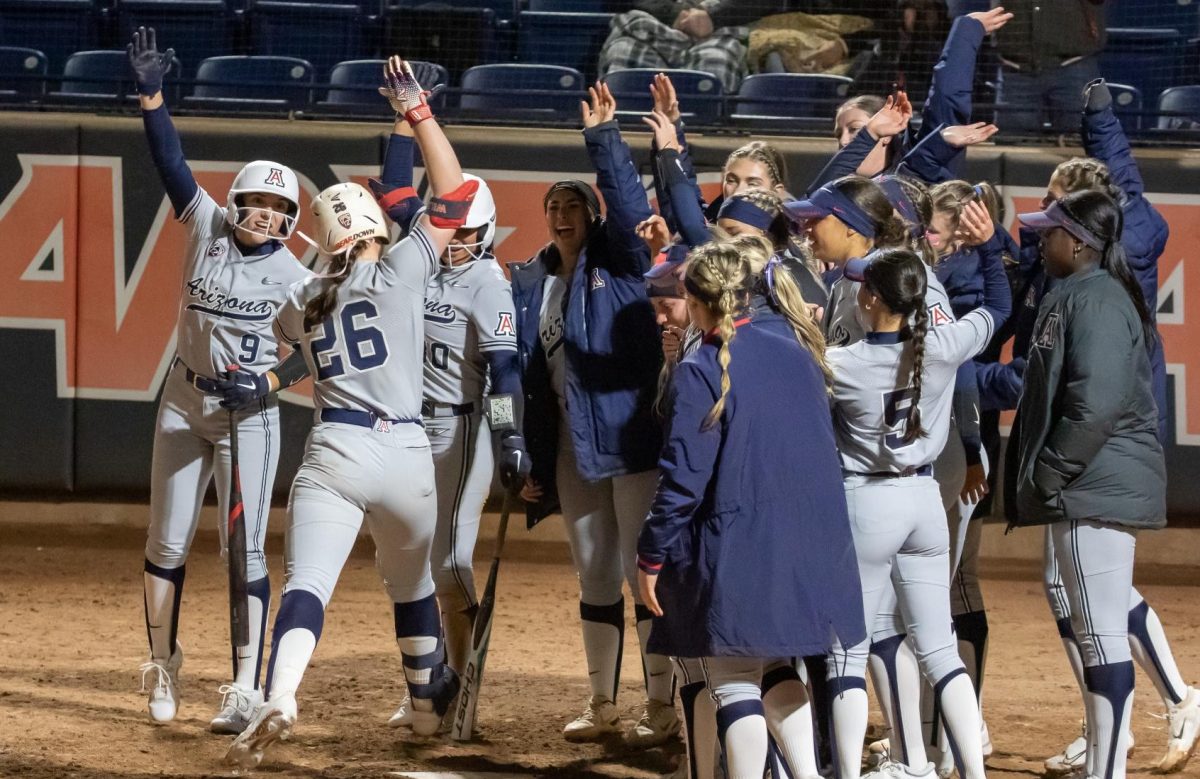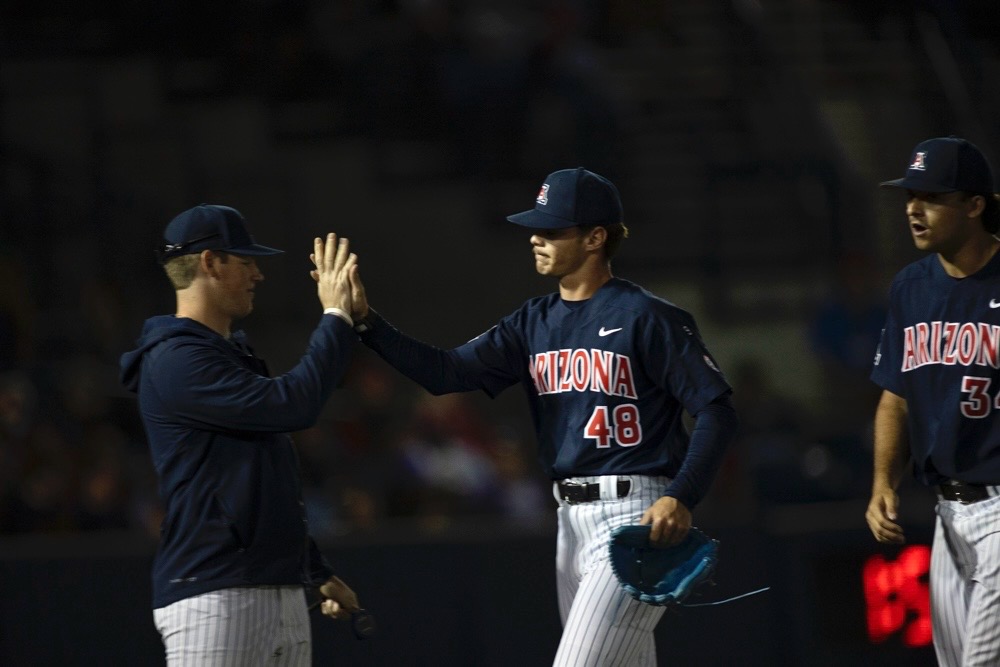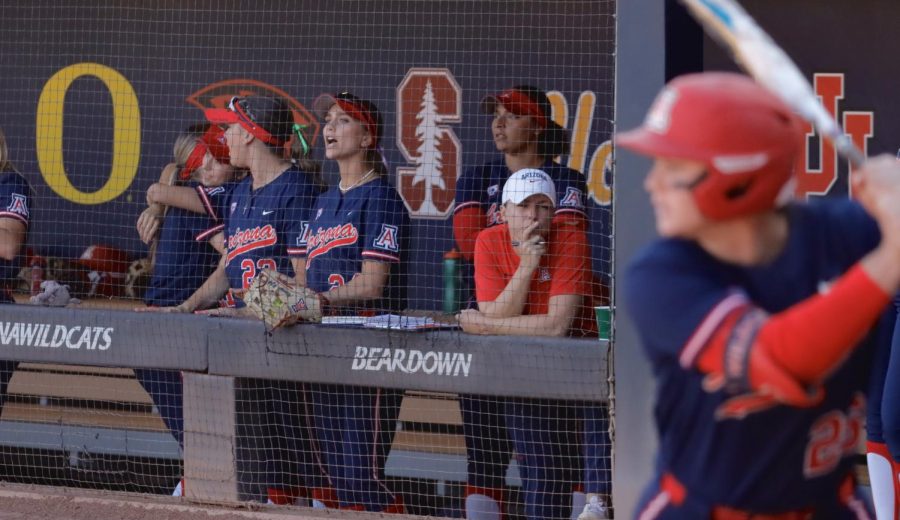How are you, Tim?
“”It was 125 degrees yesterday,”” he says. “”I’ve never felt anything like that. It was like working inside an oven. It was 121 in the shade.””
James is in
No, he is the troops.
The former
———
Her son had money. He made almost
And James earned plenty playing professionally in
“”I never saw this coming,”” his mother says.
He was always so quiet. Stoic. Everyone says so. At
So when he hugged her to leave for training, she smiled and held him for an extra beat. And then the mother of
What kind of soldier is James?
“”A tall one,”” says his captain,
Byron is a rugged military man who has flown UH-60
Point is, Byron has seen and heard some war stories, but he has never before heard and seen one like this:
A former NBA player in the
James hasn’t shared his past with fellow soldiers. Quiet, remember? Humble, too. He wanted to be just another teammate. So none of James’ fellow soldiers knew he used to play pro basketball, though they all said he should have after he scorched those younger soldiers in a pickup game one day during training. He didn’t tell them after that, either.
“”I wanted this experience to be raw,”” James says now. “”
I wanted this to be a different experience.””
He carries only two basketball reminders with him. A
James had to get military clearance to talk for this story. That’s how his commanding officer finally found out SPC Tim James used to be an NBA millionaire. Byron is not easily impressed, but he finds the fact that James didn’t tell anyone he was an NBA player even more amazing than the fact that he was an NBA player.
“”I’m kind of in awe,”” the captain says.
James isn’t running through the sand avoiding unrelenting machine-gun fire. This isn’t
His remaining 101/2 months in
He works 12-hour shifts every day, with one day off every two weeks. He has trained to throw grenades and lay down mines, but what he’s doing these days is helping fuel planes and helicopters. It is, in the words of his captain, “”one of the least appreciated jobs and one of the most important. One of the hardest-working units we have — easily.””
Word on the base is now spreading that James was an NBA player, so during the hottest and dirtiest days, fellow soldiers will ask: What the hell are you doing here? You chose this?
You ever doubt your decision, Tim?
“”Absolutely not,”” he says. “”To be able to support and defend freedom gives me great joy. A lot of people have died for something many Americans take for granted. I wake up every day knowing I’m doing something important with my life. This is so fulfilling. Keeping our country safe gives me great purpose.””
But what if that means having to kill someone?
There’s a long pause on the other end of the phone line.
“”Good question,”” he says.
Another long pause.
“”As a soldier, I do as trained,”” he says.
Another long pause.
“”As a person, I don’t know the mental impact of that. I’ve heard some pretty disturbing stories here.””
The toughest part? It hasn’t been the engulfing sand storms that come in as high as buildings and last for days. It hasn’t been running in formation for five to 10 miles in the desert heat while wearing 75 pounds of equipment — full battle rattle, as they say, rifle and body armor and Kevlar five times stronger than steel. The push-ups and sit-ups until the body gives up? Nope. The part of training when he spent 10 days in a freezing tent, doing all his hygiene in the woods and heating meals the food critic in him jokes tasted “”good enough to keep you alive””? That wasn’t the toughest part, either.
“”I was physically and mentally ready for all that because of basketball,”” he says. “”Sports give you the kind of direction, discipline, leadership, structure and balance you need for this.””
So he can endure the endless repetition of breaking down and putting back together his ever-present M-16 and the redundancy of clearing a simulated Iraqi village. He knows how to practice, after all. No, the toughest part has been how much he misses his family, his son especially. The phone calls are particularly heartbreaking. Are you on the airplane, Daddy? When you coming back, Daddy? I love you, Daddy.
The most fear he has felt? It hasn’t been during his occasional war nightmares. It wasn’t landing that first day in a dark
It took three full days for this brave man to summon the strength to finally tell his mother.
Heat media liaison
There was a more personal DVD in Wilson’s care package, too. It is more than eight minutes long. A camera was turned on in
Heat assistant
Udonis Haslem: “”You are an inspiration.””
Like a lot of
Heat President
“”A man’s greatest fear is of extinction,”” he said to James. “”It should be fear of extinction with insignificance. What you are doing matters.””
Riley has been celebrating returning military men at every Heat home game. The HOME Strong program, it is called. The Heat has been talking to government officials about getting James back to
Thank you.
———
(c) 2009, The Miami Herald.
Visit
Distributed by McClatchy-Tribune Information Services.








